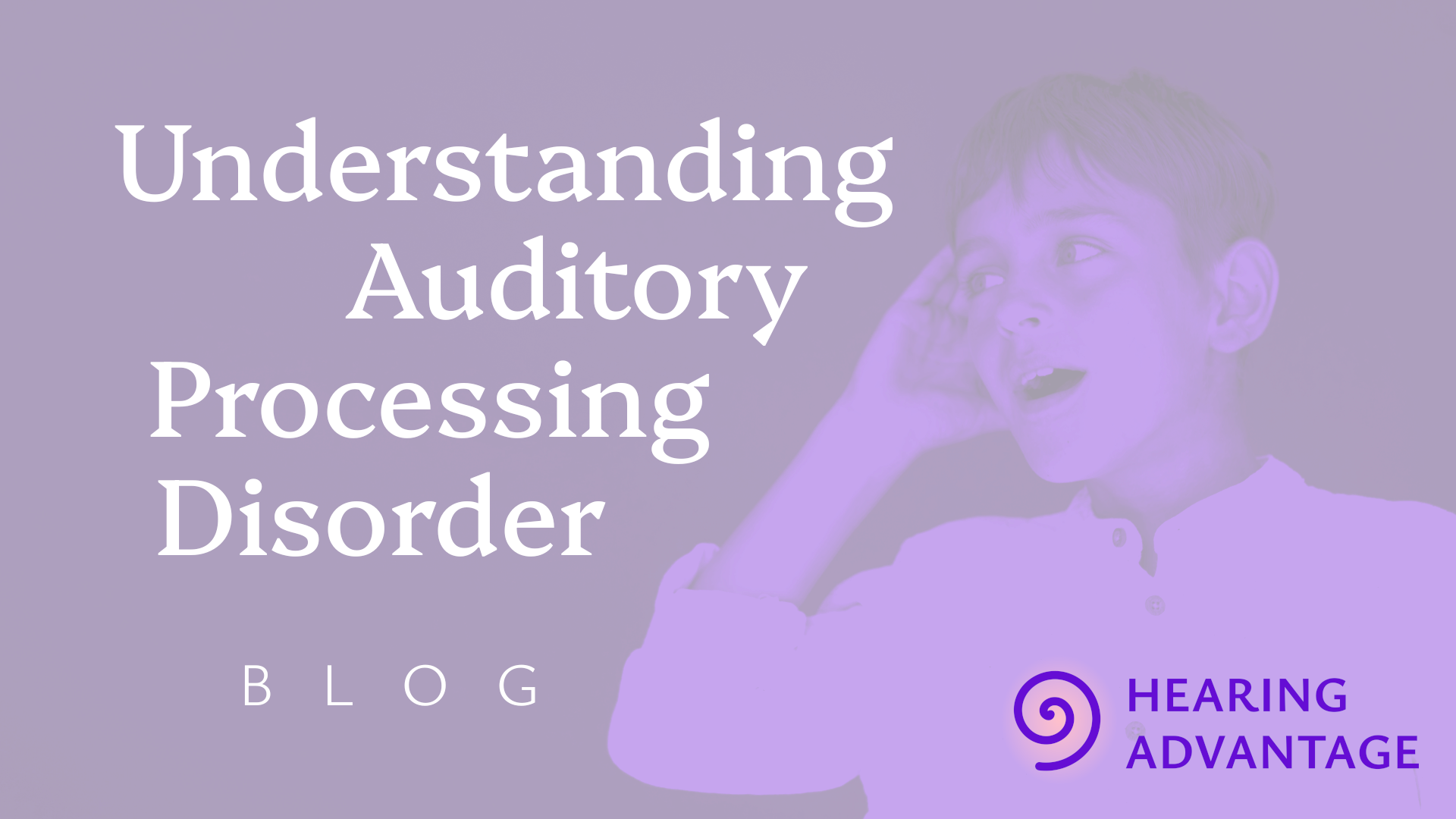Have you ever had trouble following along when someone gives you multiple instructions or tells you a story? If so, you might be experiencing something called Auditory Processing Disorder (APD). One type of APD is known as “auditory sequencing.” This can make it difficult to understand the order of sounds, words, or instructions, which can affect learning and communication.
What is Auditory Sequencing?
Auditory sequencing specifically impacts our ability to process sounds in the right order. For example, if someone says “first, do your homework, then go outside,” a person with auditory sequencing difficulties might mix up the order and do the opposite. This can lead to frustration at home or school and can affect relationships with friends and family.
How is Auditory Sequencing Diagnosed?
To diagnose auditory sequencing issues, a specialist, like an audiologist or speech-language pathologist, will conduct a series of tests. These tests often involve listening to and repeating back words or numbers in a specific order. For instance, they might play a sound pattern, and the individual must try to repeat it back in the same sequence.
Parents and teachers may also provide information about the person’s listening behaviors and challenges in everyday situations. This helps the specialist understand how the problem affects daily life.
What Are the Treatment Options?
If someone is diagnosed with auditory sequencing issues, there are effective treatment options available. Here are some common approaches:
1. Therapy: Speech-language pathologists often develop activities to improve auditory processing skills. These may consist of games or exercises focused on listening and ordering sounds or instructions correctly.
2. Educational Support: Schools can provide accommodations, such as giving directions one step at a time or allowing extra time for tests. Teachers can also use visual aids to help reinforce learning.
3. Home Exercises: Parents can help at home by playing games that require listening and repeating, like Simon Says or memory games. This practice can strengthen auditory skills over time.
4. Technology: There are apps and software programs designed to help improve auditory processing. These can make learning fun and engaging while targeting specific skills.
5. Peer Support: Joining support groups can also help individuals and their families share experiences and strategies for coping with APD.
Moving Forward
Living with auditory sequencing challenges can be tough, but it’s important to know that support is available. With the right diagnosis and techniques, individuals can improve their listening skills and experience a more successful, confident life. If you think you or someone you know might have an issue with auditory sequencing, reaching out to a healthcare professional is a great first step towards understanding and improvement.

